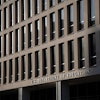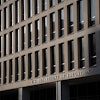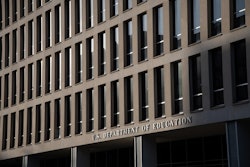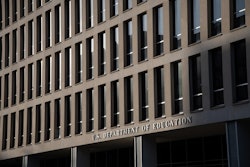Eight years ago, Dr. Herman J. Felton Jr. had a desire to mix with like-minded HBCU administrators in a safe space to share ideas about the future of the institutions. Six years later, following a conversation with Dillard University President Dr. Walter Kimbrough, he and Dr. Melva Turner-Williams began to form a group to not only share ideas about the future of the institutions but also to get involved in their preservation and future vitality.
“It is frustrating to feel as if your voice is suppressed by folks who do not know how great these institutions are. You read so much negative research/press in regards to the state of HBCUs, but yet, you know too about the magnificent work that takes place on the HBCU campuses across the nation,” Williams said. “You know first-hand how many students are supported and uplifted by our schools and how many excellent faculty and staff work hard to see students succeed. When you know this information, you know that the story that is being presented is vastly different from what you see on a daily basis.”
Felton agreed. “It pains me that most articles questioning the viability of these great institutions are merely a regurgitation of dated data. If one simply compared the percentages of ‘other colleges’ and their woes [to] HBCUs and their challenges, the national narrative would be different,” he said.
A former Marine, Felton is confident the way to change the narrative is through leadership.
“Leadership and the importance of having sound, principled leaders is taught from the minute you step on the yellow footprints at Marine Corps Recruit Depot Parris Island,” he said. “Given the impending need for leaders, at every level, and our desire to ensure the institutions are strong and viable,” he and Williams thought this was a good place to start in preserving the institutions’ vitality.
While Felton and Williams were zeroing in on cultivating executive leaders like themselves, Miles College President Dr. George T. French Jr. had begun to mentor young and aspiring presidents. After a conversation between the three, Felton and French said they found their visions for nurturing leaders a “natural” and “perfect” fit, and, thus, in March 2015, the Higher Education Leadership Foundation was born.
“It just so happens that the timing is right for the situation and the climate,” said Felton. “We know that there’s going to be …with the retirements and the ebb and flow and the rhythm of life,” there’s a tremendous need to train rising leaders to prepare for a changing of the guard, so to speak, he said.














